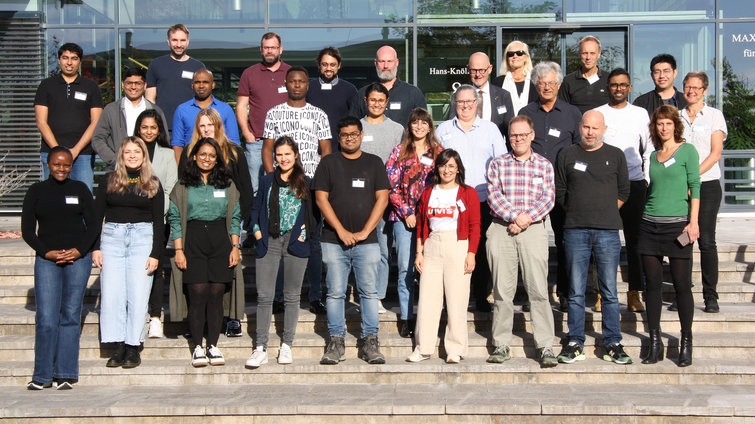
People
The Max Planck Center on next Generation Insect Chemical Ecology (nGICE) is a high level cooperation between the Max Planck Society, the Swedish University of Agricultural Sciences (SLU), and Lund University. This photo shows the board members, principal investigators and junior scientists involved in nGICE during the second internal meeting at the Max Planck Institute for Chemical Ecology in Jena.
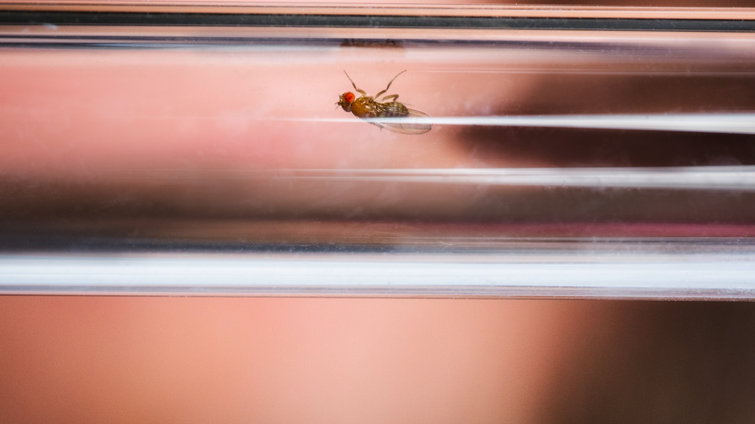
The vinegar fly Drosophila melanogaster
The nGICE Center focuses on a better understanding of the consequences of global change on insect ecosystem services, outbreaks of invasive insect species and the spread of disease vectors into Europe through the lens of insect chemical communication systems.
Photo: Anna Schroll
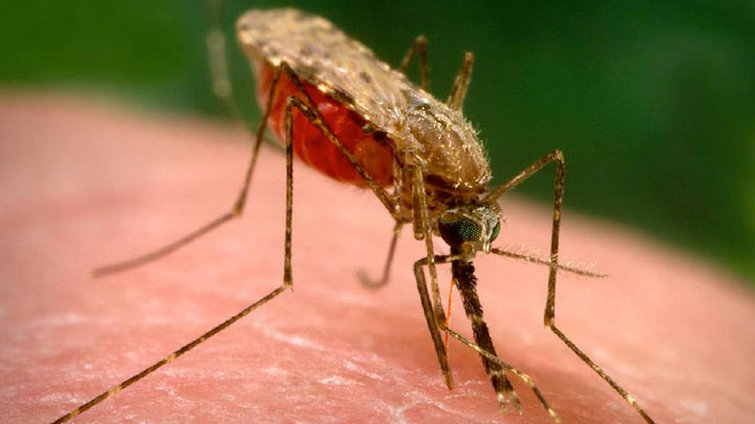
Blood feeder and disease vector Anopheles gambiae
The nGICE Center focuses on a better understanding of the consequences of global change on insect ecosystem services, outbreaks of invasive insect species and the spread of disease vectors into Europe through the lens of insect chemical communication systems.
Photo: Rickard Ignell, SLU
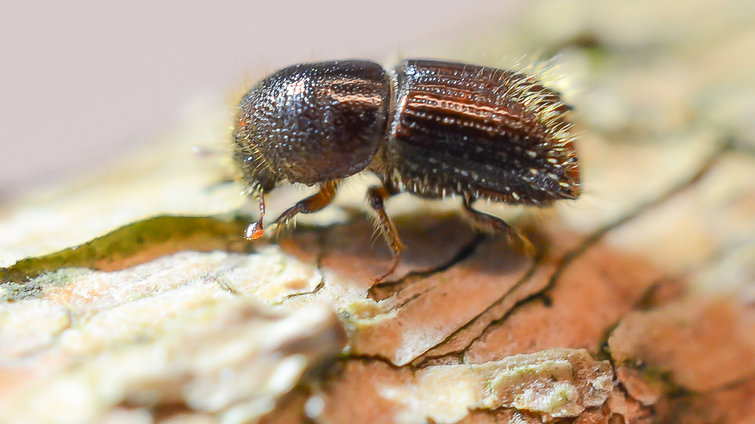
Bark beetle Ips typgraphus
The nGICE Center focuses on a better understanding of the consequences of global change on insect ecosystem services, outbreaks of invasive insect species and the spread of disease vectors into Europe through the lens of insect chemical communication systems.
Photo: Erling Jirle
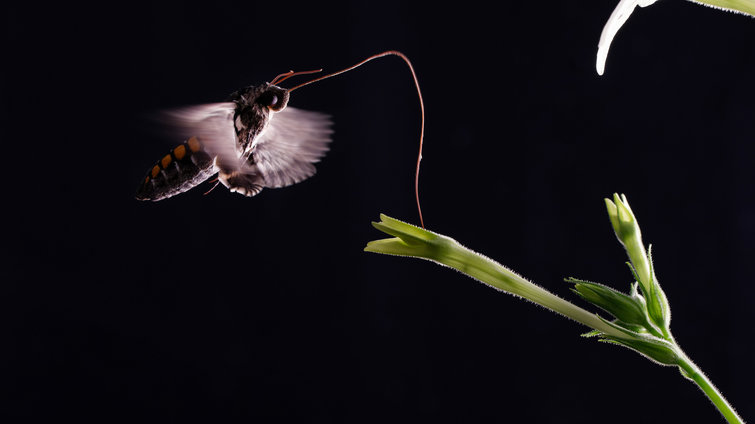
Tobacco hawkmoth Manduca sexta
The nGICE Center focuses on a better understanding of the consequences of global change on insect ecosystem services, outbreaks of invasive insect species and the spread of disease vectors into Europe through the lens of insect chemical communication systems.
Photo: Anna Schroll